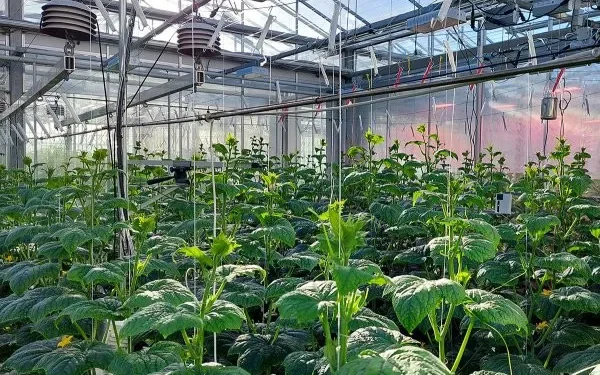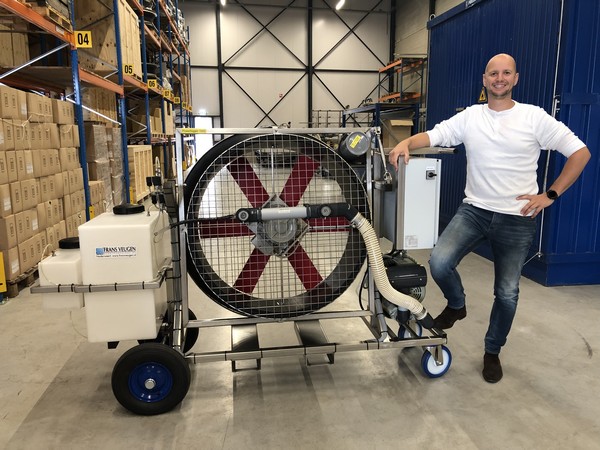As the agricultural sector increasingly turns to technology for solutions to enhance productivity and sustainability, artificial intelligence (AI) is proving to be a game-changer in greenhouse farming. The recent results from the AGROS project, conducted by the Business Unit Greenhouse Horticulture of Wageningen University & Research (WUR), highlight the significant strides being made towards fully autonomous greenhouses.
In the first phase of the AGROS project, AI algorithms were tested in a controlled greenhouse environment to manage the cultivation of cucumbers. The results were promising, showing that AI can effectively replicate the decision-making processes of human cultivation experts, leading to a strong crop and profitable outcomes. According to researcher Guido Jansen, the AI system was trained through reinforcement learning, a method that allows the algorithm to learn from millions of simulations based on real and synthetic data about cucumber cultivation.
This learning process involved the algorithm making decisions about the greenhouse climate—such as adjusting temperature or lighting—and then analyzing the outcomes in terms of fruit production using crop and climate models. Over time, the AI improved its decision-making capabilities, refining its approach in much the same way a human would learn from experience. “In the beginning, the algorithm was like a blank slate, sometimes making odd choices,” Jansen noted. “But as it learned, the decisions became more optimized, demonstrating the power of reinforcement learning.”
The practical application of this AI system was tested over a four-month period in WUR’s Bleiswijk research greenhouses. In this experiment, one greenhouse was managed entirely by AI, another used digital twins—virtual replicas of the crops—and a third was controlled by human cultivation experts following a traditional cultivation plan. The findings revealed that the AI-managed greenhouse performed on par with, and in some cases surpassed, the other methods in terms of crop strength and profitability.
However, the journey towards fully autonomous cultivation is not without its challenges. Jansen pointed out that while AI can handle known situations effectively, the real test will come when unexpected conditions arise. “In those moments, a human grower is still essential to make the right decisions,” he emphasized.
With the completion of the initial phase of the AGROS project, the focus now shifts to AGROS II, the next stage in the journey towards fully autonomous greenhouses. This phase will further enhance the AI’s capabilities, expanding its control to include irrigation and more detailed crop management.
The AGROS project is a collaborative effort, bringing together a wide range of industry partners, including 2Grow, BASF Vegetable Seeds, Delphy, and others, under the public-private partnership led by WUR. The initiative is supported by the Dutch government’s Topsector Tuinbouw & Uitgangsmaterialen program, highlighting the importance of innovation in maintaining the Netherlands’ leadership in horticulture.
As AI continues to advance, the potential for fully autonomous greenhouses becomes increasingly tangible, offering exciting opportunities for investors and entrepreneurs in the agricultural sector. The ability to optimize crop yields and profitability through technology not only promises economic benefits but also contributes to more sustainable and efficient farming practices.










